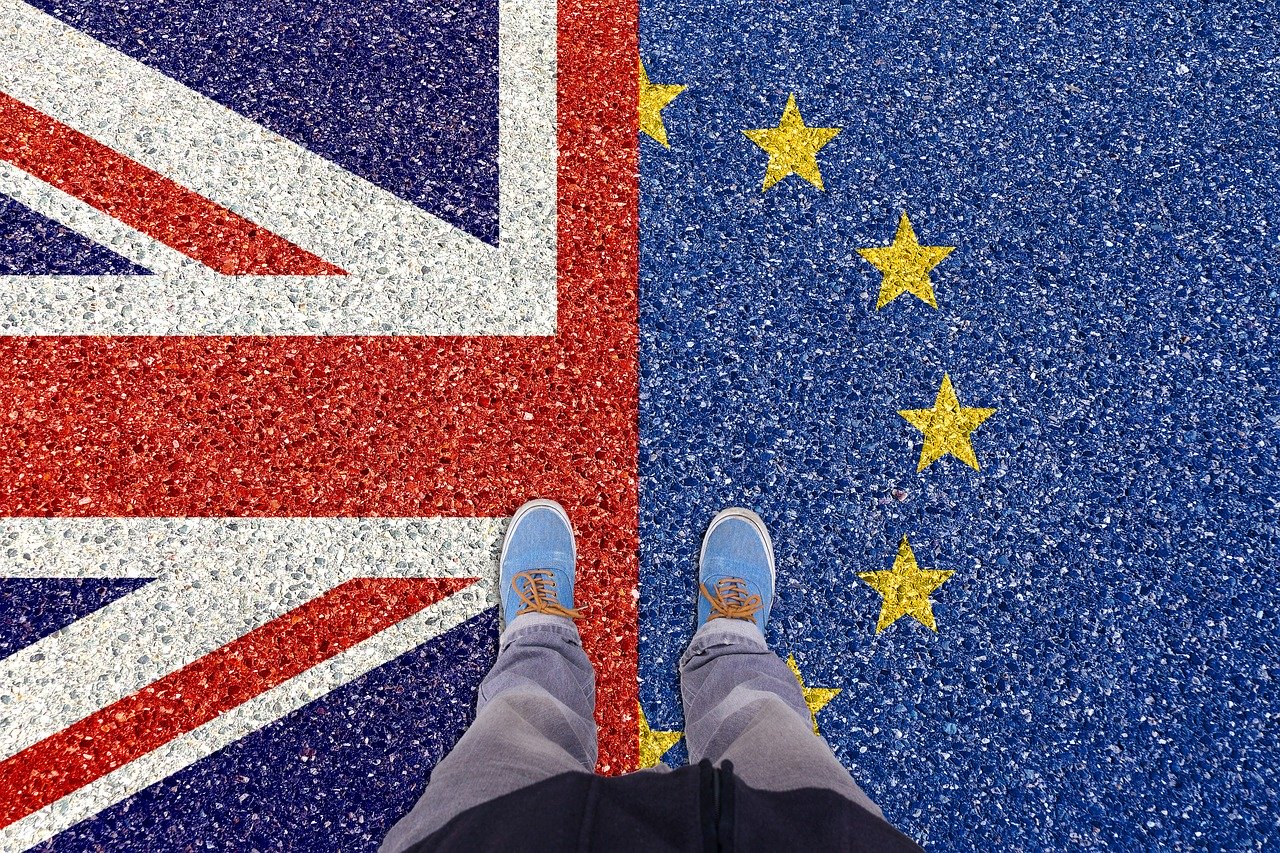As this article goes live, the United Kingdom has withdrawn from the European Union. The Brexiteers, led by Nigel Farage and co, seem to be preparing a massive party to mark the moment.
While I do respect the views of British voters on this matter, I would ask for some measure of contemplation by those preparing to dance on the streets. Britain’s exit from EU is a failure.
It’s a failure by the British political class and the EU. I saw an interview not long ago by Jean Claude Juncker in which he said unequivocally that the EU had nothing to do with Brexit, and that it is entirely the responsibility of the Brits. I would say this attitude never helped. The EU overreached and at times turned this massively successful economic project into a futile exercise of bureaucracy and power. That was neither necessary nor wise. So the EU also needs to take some responsibility here. The EU, as an economic union entrenched in the principles of free movement of people and goods, was and remains an unequivocal success. But when some politicians of the EU decided to turn it into some Napoleonic exercise of political power and military might, it was bound to fail. And Brexit may be but the opening act in this saga, as dissatisfaction with the extreme politicization of the EU runs deep in France, Italy and so many other of its member countries. Brexit must therefore become a time for some deep introspection by the powers-that-be in the occasionally self-serving corridors of power in Brussels.
It is also a massive failure by British politicians, especially that faction of the Tory party that have stoked all sorts of fears, since the early 1980s, about the EU. That group of about 100 Tory MPs haunted the party and ultimately the nation. Their opposition was clearly based in large part on a rather sinister view of the world and humanity. This cannot be denied. They did stoke some legitimate fears, such as the need for the British to reclaim legislative sovereignty. But the more one delved into that type of concern, the more one realized that the attraction lay in the grandness of the principle, and not the reality of the detail!
But whichever way you look at it, there should be no gloating or glee by anyone at 11 pm UK time on Friday January 31st. Despite its faults, the EU was and remains the greatest peace project in the history of the world. To turn European powers, that have fought endless wars for thousands of years, into one economic union, and right after the biggest world war of all, was nothing but a miracle in the art of diplomacy. And the fact that it has sadly come to this is something that calls for deep reflection, not rejoicing.
Wherever you stand on the matter, ultimately Brexit represents a failure in the aspiration towards collaboration between nation states. It is a failure of imagination. It is a failure of humanity in its pursuit to rise above its darker instincts.
Image credit: TheDigitalArtist


Countries can collaborate whether or not they are part of some union. Globalisation is not a good thing for all parties involved. If it was, Britain would have stayed. Watch other countries do the same.